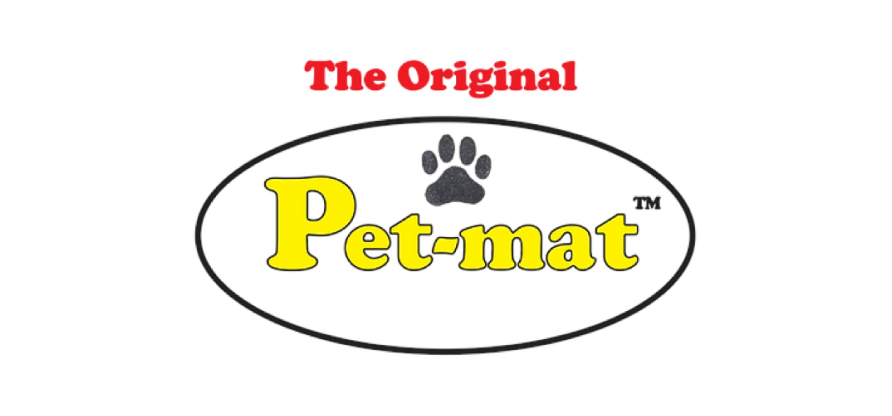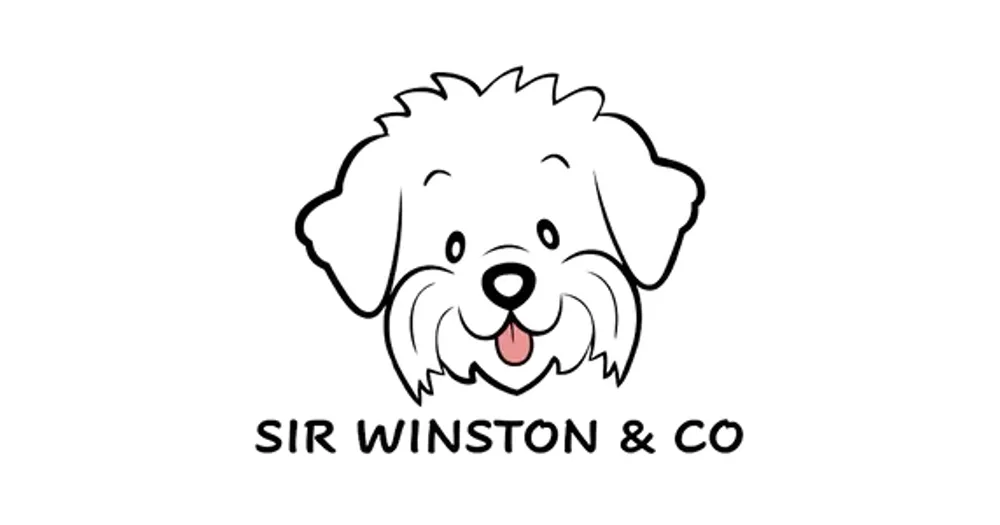Dog pregnancy week by week
A dog’s pregnancy generally lasts 63 days, though there is some variance depending on the dog.
| Week | Notes |
|---|---|
| Week 1 | This is the first week after your dog has mated and is officially pregnant. During this period, there are no physical signs that your dog is pregnant; however, her reproductive organs are beginning to prepare for the upcoming puppies. Her uterus will start to thicken as it fills with fluid and goes through other changes to prepare for the puppies’ growth. |
| Week 2 | By this point in your dog’s pregnancy, her body should have started producing progesterone. This hormone helps support the growing puppies in utero. |
| Week 3 | During this week, your dog’s embryos will embed in the uterine lining – and will start to grow. At this stage in the pregnancy, she may start showing more obvious signs of being pregnant, such as increased appetite and more frequent urination due to her growing uterus pushing against her bladder. |
| Week 4 | By now, all of the puppies in your dog’s womb are starting to grow rapidly. Your vet may be able to detect them on an ultrasound at this point in their development. Your dog may also begin to produce milk or colostrum (the nutrient-rich fluid produced before true milk). |
| Week 5 | At this stage in your dog’s pregnancy, the foetuses are larger and more developed, with internal organs starting to form. Your dog should still be relatively mobile and energetic at this point, though you may want to be more careful with how she plays. It’s likely that your dog will gain weight, and you may need to adjust her diet if her appetite increases. |
| Week 6 | Now your dog’s puppies are almost fully developed. The puppies’ skeletons and claws will start to solidify and harden. It’s at this point that the puppies will be visible through an x-ray. Your dog’s nipples will become enlarged and pigmented at this point, since lactation has begun and she is preparing to feed her offspring when they arrive. |
| Weeks 7–9 | This is usually considered “full-term” in canine pregnancies; however, it can range anywhere from 56 to 72 days depending on breed size and other individual factors. Your dog’s puppies will be ready to come out any day now. You might notice that she has stopped eating much at all as labour nears and her discomfort grows. |




























































